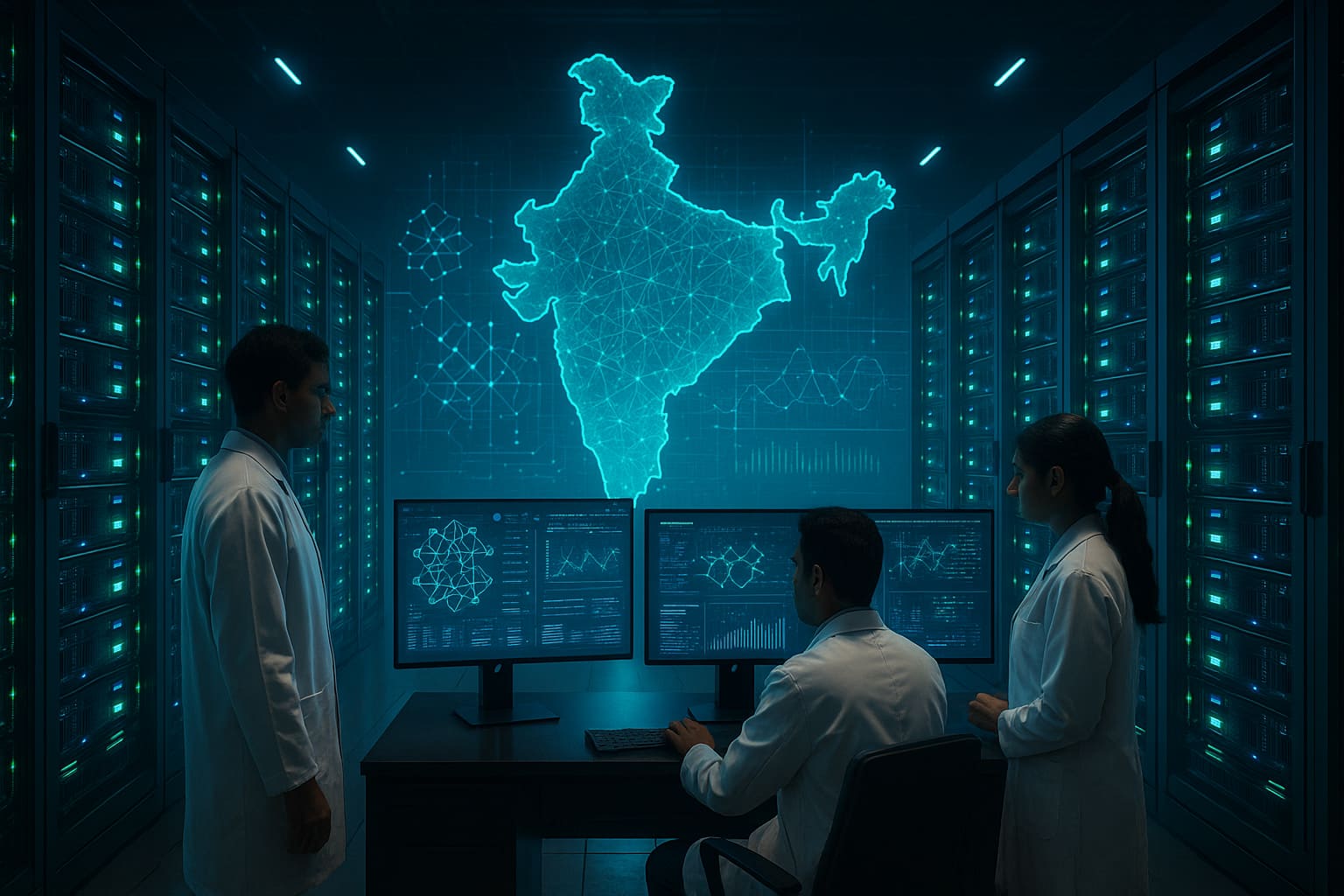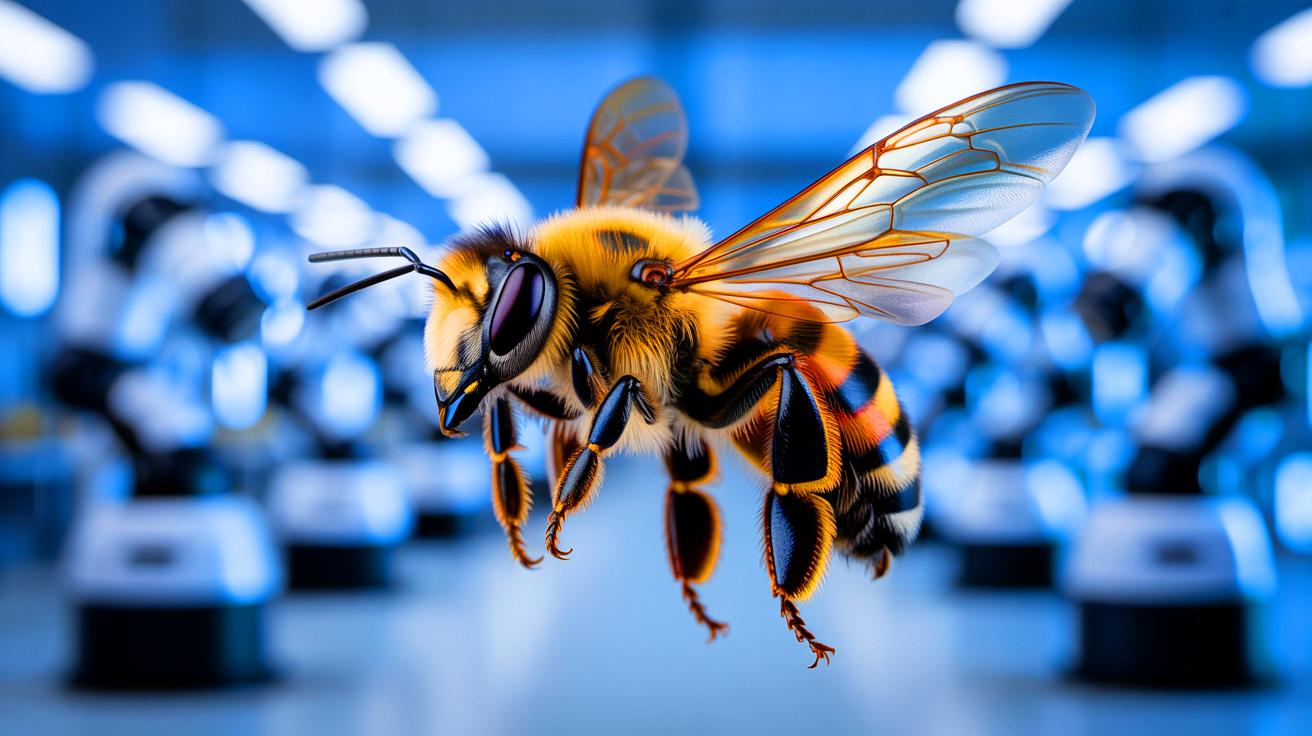Nvidia's Future in Humanoid Robotics and AI

Nvidia, already a titan in artificial intelligence chips, is setting its sights on an even more ambitious frontier: humanoid robotics. The company's market capitalization is rapidly approaching the $4 trillion mark, putting it within striking distance of Microsoft's valuation record. At the VivaTech conference in Paris, CEO Jensen Huang unveiled AEON, a full-stack humanoid robot developed in collaboration with Swedish firm Hexagon. This strategic move signals Nvidia's intent to lead the next wave of technological innovation—intelligent robots designed for practical, real-world applications across various industries.
Huang envisions robotics becoming "the largest industry in the world," and Nvidia is dedicating significant resources to this vision. In fiscal 2024, Nvidia's robotics and automotive division generated $1.7 billion in revenue, with analyst estimates projecting this figure to skyrocket to $7.55 billion by the early 2030s, a forecast that could even prove conservative if AEON and similar platforms achieve widespread commercial success. This pivot to robotics is not merely speculative; it is actively underway, with Nvidia building a comprehensive robotics ecosystem encompassing its software, sensors, and chips.
The company's stock performance has been robust, up 19% year-to-date, despite previous temporary setbacks from U.S. chip export restrictions to China. Historical data suggests potential for further rallies, with Q4 historically showing an average gain of 23%. Investors are increasingly betting on Nvidia's diversified future, which extends beyond AI chips to include robotics, automotive technology, and full-stack AI platforms.
What distinguishes AEON is its immediate functionality, unlike many robotics projects that remain in developmental stages. Developed under Nvidia's Project GR00T, an initiative focused on creating intelligent humanoid robots for real-world tasks, AEON operates on Nvidia's integrated full-stack AI platform. This platform combines powerful chips, advanced vision sensors, sophisticated simulation software, and specialized robotics AI, ensuring an end-to-end integration that provides AEON with a significant operational advantage. Huang's objective is to create robots that not only move but also possess the capacity to see, think, learn, and perform complex work, potentially revolutionizing sectors from manufacturing to healthcare. Nvidia is evolving beyond its traditional silicon focus, positioning itself to define the intelligent technology era through its comprehensive ecosystems, R&D, and unparalleled AI leadership.









